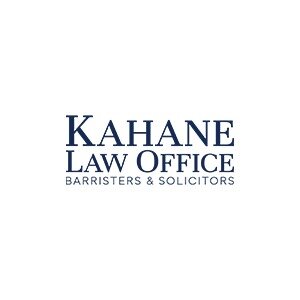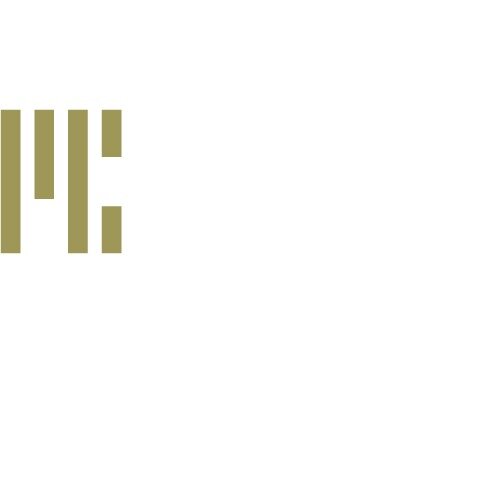Best Job Discrimination Lawyers in Edmonton
Share your needs with us, get contacted by law firms.
Free. Takes 2 min.
List of the best lawyers in Edmonton, Canada
About Job Discrimination Law in Edmonton, Canada:
Job Discrimination Law in Edmonton, and Canada as a whole, is outlined under the Alberta Human Rights Act. This Act prohibits any discrimination based on race, color, ancestry, nationality, ethnic origin, religion, gender, age, marital status, family status, source of income, disability, or sexual orientation in the workplace. The law assures every employee has the right to equal pay for equal work.
Why You May Need a Lawyer:
Engaging a lawyer can be of great help if you believe you've been unlawfully discriminated against at your workplace. A lawyer can assess if in fact there has been a violation of your rights, guide you on gathering the necessary evidence, provide counseling on the available options, represent you during interactions with your employer or before the Human Rights Commission or any relevant tribunal, and ensure you receive the appropriate remedy if your rights have been violated.
Local Laws Overview:
Edmonton's legal structure aligns with Alberta's human rights protections, making it unlawful for any employer to discriminate against employees or potential hires. Employers have a duty to accommodate their employees' needs related to any of the factors protected under the Alberta Human Rights Act, upto undue hardship. Retaliation against employees who claim their rights is also considered unlawful.
Frequently Asked Questions:
What constitutes discrimination at work?
Discrimination at the workplace can manifest in various forms such as unfair dismissal, unequal pay for equal work, harassment, refusing reasonable accommodation for a disability, or refusing an employment opportunity based on protected grounds.
What evidence is needed to prove job discrimination?
Proving job discrimination usually involves providing evidence of adverse or differential treatment (whether direct or indirect), demonstrating a violation of the Alberta Human Rights Act. Evidence can be in the form of emails, employment records, witness testimonies, or any relevant documents.
What is the process of filing a complaint?
A complaint must be filed with the Alberta Human Rights Commission, typically within a year of the alleged discriminatory act. The complaint will be reviewed and if deemed valid, a process of reconciliation, investigation or hearing may be initiated.
Can I be fired for filing a discrimination claim?
No, retaliating against an employee for filing a discrimination claim is against the law. If this occurs, you can file an additional complaint of retaliation.
What remedies are available if I prove job discrimination?
If job discrimination is proven, remedies may include monetary compensation for any lost wages, expenses or emotional distress, reinstatement if you were unfairly dismissed, or any relevant changes to the workplace or employment practices to prevent future discrimination.
Additional Resources:
You can find additional resources and information related to job discrimination at Alberta Human Rights Commission's website, End Poverty Edmonton, and with local non-profit organizations such as the Centre for Public Legal Education Alberta.
Next Steps:
If you believe you have been a victim of job discrimination, the next step is to gather all relevant evidence and possibly consult with a lawyer experienced in employment discrimination. Should you choose to move forward, a formal complaint can be filed with the Alberta Human Rights Commission. Remember that you do not need to face this process alone and various resources are available to provide support and guidance.
Lawzana helps you find the best lawyers and law firms in Edmonton through a curated and pre-screened list of qualified legal professionals. Our platform offers rankings and detailed profiles of attorneys and law firms, allowing you to compare based on practice areas, including Job Discrimination, experience, and client feedback.
Each profile includes a description of the firm's areas of practice, client reviews, team members and partners, year of establishment, spoken languages, office locations, contact information, social media presence, and any published articles or resources. Most firms on our platform speak English and are experienced in both local and international legal matters.
Get a quote from top-rated law firms in Edmonton, Canada — quickly, securely, and without unnecessary hassle.
Disclaimer:
The information provided on this page is for general informational purposes only and does not constitute legal advice. While we strive to ensure the accuracy and relevance of the content, legal information may change over time, and interpretations of the law can vary. You should always consult with a qualified legal professional for advice specific to your situation.
We disclaim all liability for actions taken or not taken based on the content of this page. If you believe any information is incorrect or outdated, please contact us, and we will review and update it where appropriate.









